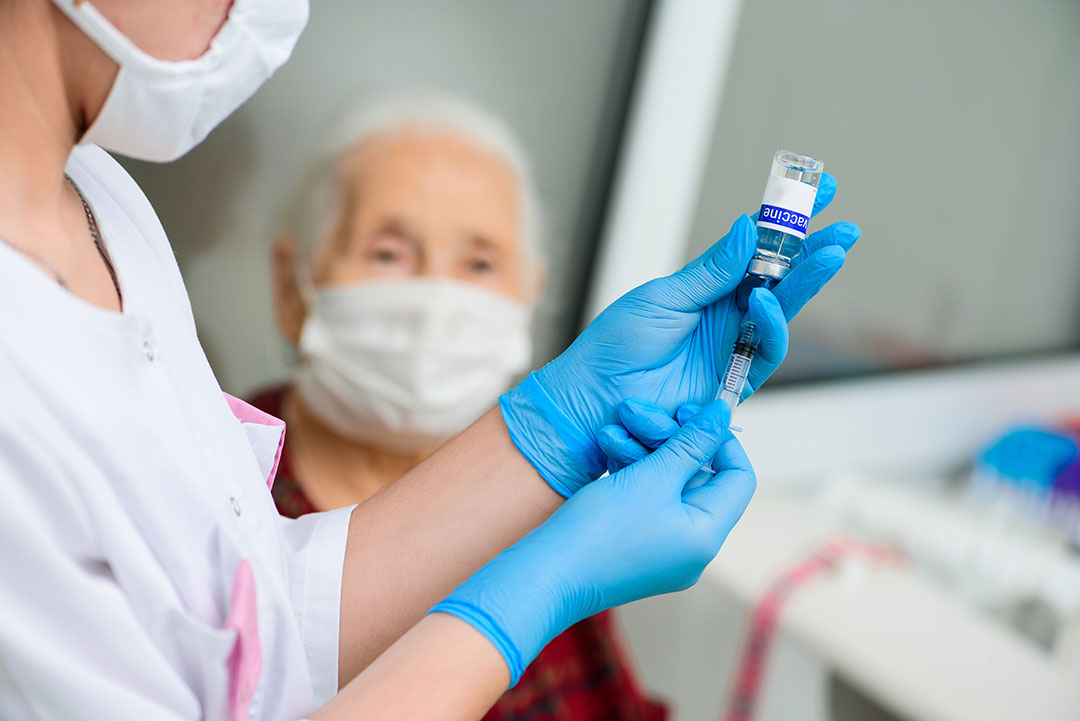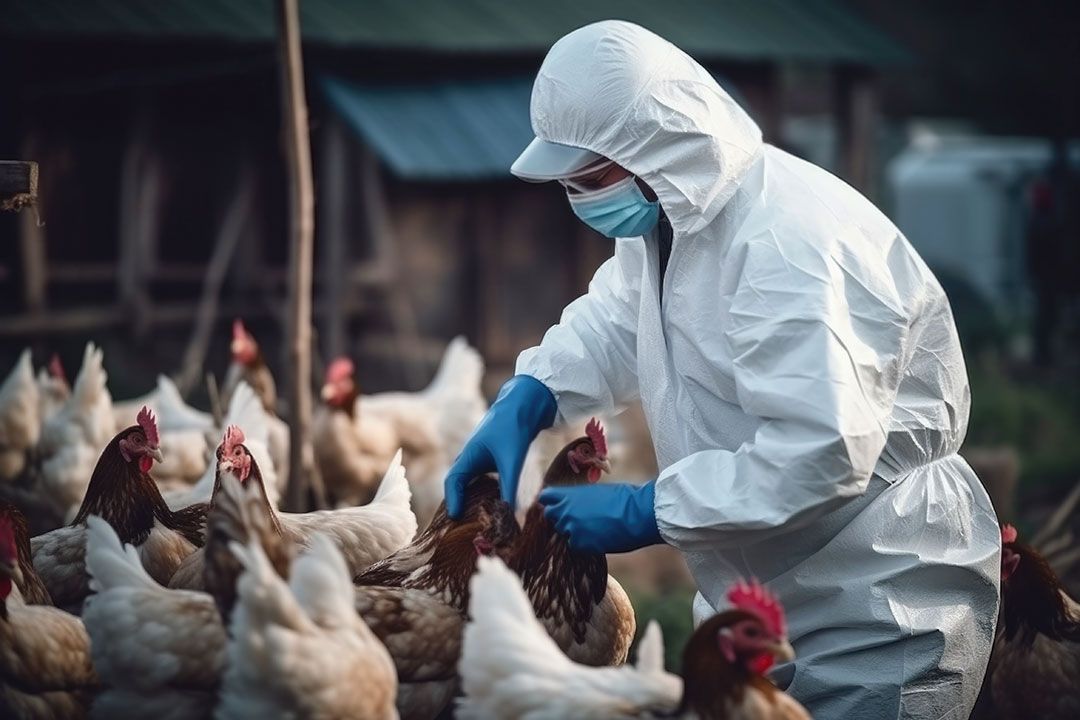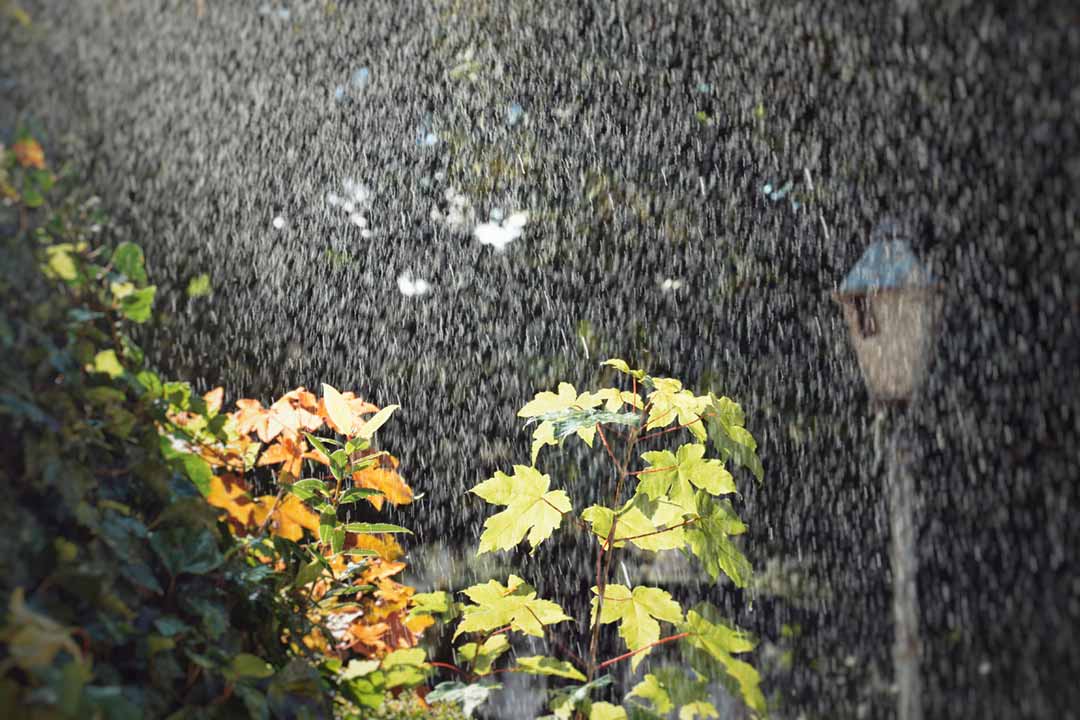Could lifting COVID-19 restrictions trigger a surge in other common infections?
Masks, hand washing and physical distancing don’t only reduce the transmission of coronavirus. So, what will happen when we do away with these measures?
- 23 June 2021
- 4 min read
- by Linda Geddes

In our eagerness to reduce coronavirus infections, many of us have become more conscious of hygiene: washing our hands and disinfecting surfaces more often; wearing face coverings to catch the pathogens we emit from our mouths and noses; as well as physically distancing from people we don’t live with. Such interventions have greatly reduced the incidence of COVID-19, but experts are now warning that there could be a downside: greater short-term susceptibility to other common infections.
There are fears something similar may happen with other respiratory viruses, including influenza.
Respiratory Syncytial virus
Already, there are signs of this happening with respiratory syncytial virus (RSV), a common cause of lung infections in young children during winter months. Symptoms of RSV infection include a runny nose, cough, loss of appetite and fever, but in severe cases, children may develop pneumonia and require hospital care.
During the winter of 2020, Australia experienced a significant drop in rates of RSV, with 98% fewer cases reported among Western Australian children. This is thought to have been the result of the stay-at-home orders and quarantine for international arrivals, which were introduced that March 2020, coinciding with the start of the normal RSV season. However, in late spring, Western Australia and New South Wales experienced a sudden surge in RSV cases, while paediatric hospitals throughout Australia have reported an unexpectedly large number of children with RSV infections throughout the summer.
It is thought that the delayed season may have increased the number of children with no or low immunity to RSV, so that when coronavirus restrictions were eased, infections took off and rapidly spread.
Influenza
There are fears something similar may happen with other respiratory viruses, including influenza. Earlier this week, the UK’s Prime Minister warned the country to prepare for a “rough winter” as outbreaks of flu place additional pressures on the health services. US researchers led by Rachel E. Baker at Princeton University in New Jersey have also modelled the impact of nonpharmaceutical interventions such as social distancing on influenza and RSV infections. Their research, published in Proceedings of the National Academies of Sciences, predicted that “substantial outbreaks” of both infections could occur in future years, with peak outbreaks occurring during the winter of 2021–2022. However, predictions for influenza are less certain because “future outbreaks are likely dependent on the transmissibility and evolutionary dynamics of circulating strains,” Baker and her colleagues wrote.
Have you read?
One possibility is that the record low levels of flu experienced in both the North and South Hemispheres during the pandemic might mean that some circulating influenza subtypes disappear. On the other hand, reduced competition between different influenza subtypes may also enable other, potentially less transmissible but more lethal versions of the influenza virus to establish themselves in human hosts. The recent absence of influenza cases also makes it more difficult to predict which subtypes should be used to create this year’s seasonal flu vaccines.
Children and allergic disease
Our COVID-19-related drive to avoid germs may also have longer-lasting consequences for children’s health. Our interactions with the microbial world during early life plays an important role in teaching our immune systems to distinguish between safe and harmful microbes, and to regulate our immune responses so that in the process of eliminating pathogens, we don’t cause excessive damage to our own tissues.
If infants and young children don’t receive this early input, due to excessive use of alcohol hand gel, reduced social contact, or reduced exposure to the outside world, this could potentially leave them more vulnerable to allergies, asthma or autoimmune diseases, warned Prof Byram Bridle, an immunologist at the University of Guelph, Canada, writing in The Conversation.
This doesn’t mean that we should stop washing our hands or using cleaning products to break the chain of transmission for COVID-19, or any other infectious disease. The best outcome for population health may be a combination of enjoying nature and the outside world with a renewed focus on hand washing, face covering, vaccination, and avoiding going to work when people are unwell.









